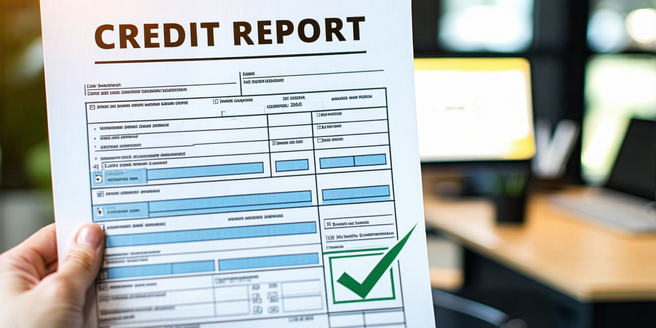Understanding Credit Repair and Its Importance
Credit repair is a crucial step for individuals looking to improve their financial health. This process involves disputing inaccuracies on credit reports, negotiating with creditors, and managing credit accounts responsibly. A clean credit report can lead to better interest rates, improved loan terms, and overall financial stability. Understanding how credit scores work and the factors that influence them is the first step in this process. Working with a knowledgeable credit repair attorney can provide guidance and support, ensuring that the strategies employed adhere to legal standards and effectively address the areas that negatively impact your credit. Investing time and effort into credit repair not only bolsters financial opportunities but also fosters a sense of control and empowerment over one’s personal finances.
Qualities to Look for in a Credit Repair Attorney
Selecting the right credit repair attorney involves identifying key qualities that ensure effective representation. Look for an attorney who specializes in consumer credit law and has a proven track record of successful case outcomes. Good communication skills are essential, as they will be your primary point of contact and need to clearly explain legal terms and processes. Additionally, they should demonstrate integrity, transparency about fees, and a willingness to advocate vigorously on your behalf. Experience dealing with credit bureaus and familiarity with the Fair Credit Reporting Act is also important. Evaluating these qualities during your selection process will help you find an attorney capable of navigating the complexities of credit repair and leading you towards improved financial health.
How to Vet Potential Attorneys for Your Case
Vetting potential attorneys is a significant step when seeking legal assistance in credit repair. Start by researching their professional background and checking client reviews and testimonials. Consider scheduling initial consultations to discuss your situation and gauge their understanding of credit repair law. During these meetings, observe their communication style and responsiveness to your questions. Inquire about their experience with credit repair cases and request references or case studies that illustrate their success in this area. It’s also wise to confirm their credentials and standing with the state bar association. By meticulously vetting candidates, you can select a competent attorney who is well-equipped to handle the intricacies of your case and represent your best interests effectively.
Questions to Ask During Your Initial Consultation
During your initial consultation with a credit repair attorney, ask pertinent questions to assess their suitability for your needs. Inquire about their experience with cases similar to yours and how they typically approach credit repair. Understanding their strategy and process will help you evaluate if their methods align with your goals. Additionally, consider seeking testimonials or reviews from previous clients to get a sense of their reputation. Ask about their fee structure, billing practices, and any additional costs that might arise. It’s also important to discuss timelines and potential outcomes based on your specific situation. Furthermore, gauge their availability for communication and support throughout the legal process. These questions not only help clarify expectations but also aid in establishing a good working relationship with your attorney.
Legal Rights and Outcomes in Credit Repair
Understanding your legal rights in credit repair is vital to achieving successful outcomes. The Fair Credit Reporting Act provides protections that ensure the accuracy and privacy of information in credit reports. Knowing your rights helps in contesting errors and requiring credit bureaus to correct or delete inaccurate data. Possible outcomes of effective credit repair include improvements in your credit score, better access to loans, and positive impacts on interest rates. It’s important to distinguish between legitimate credit repair efforts and fraudulent schemes that promise unrealistic results. A credit repair attorney can guide you through this legal landscape, advocating for your rights and working towards favorable outcomes while safeguarding against unfair practices within the credit system.


